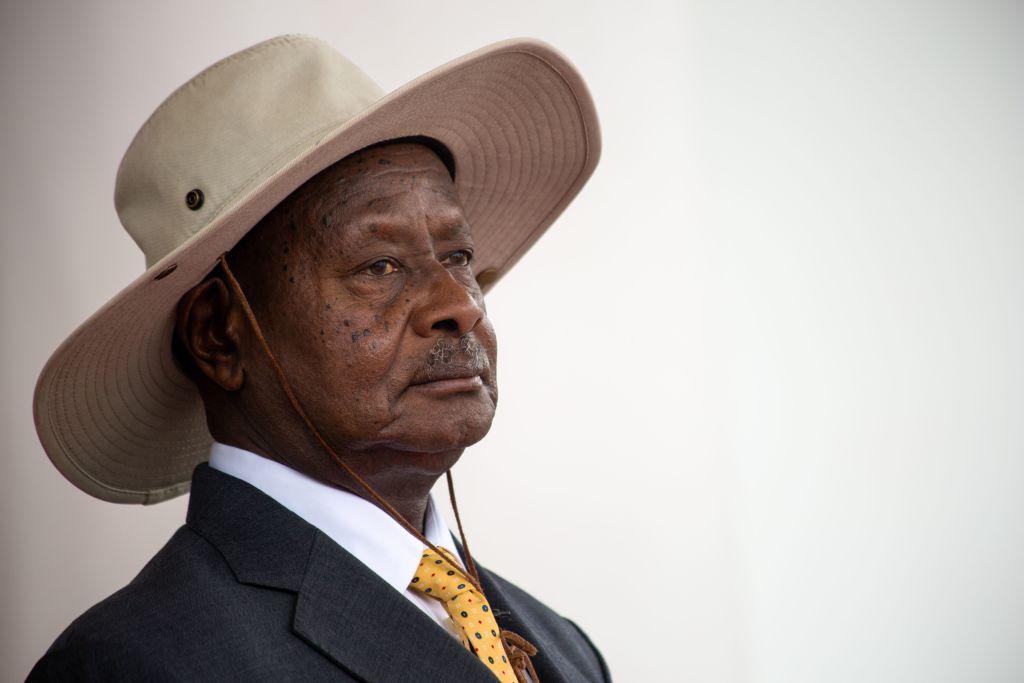Uganda’s constitutional court on Thursday, July 26, approved removing the presidential age limit of 75 years, a ruling that would potentially allow President Yoweri Museveni to extend his three-decade rule.

Uganda's President Yoweri Museveni waits for Ethiopia's Prime Minister before a welcome ceremony at State House in Entebbe on June 8, 2018. Sumy Sadruni/AFP/Getty Images
|Updated:




